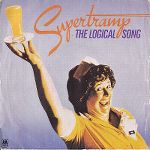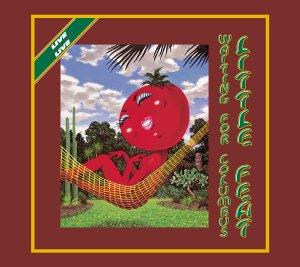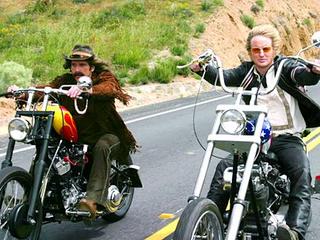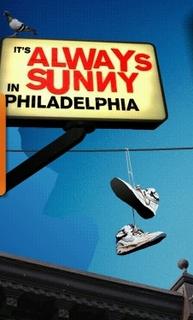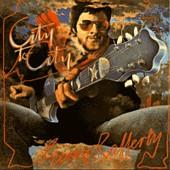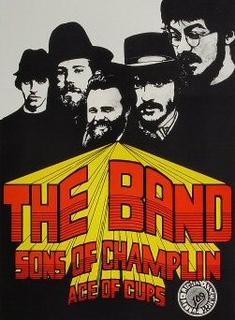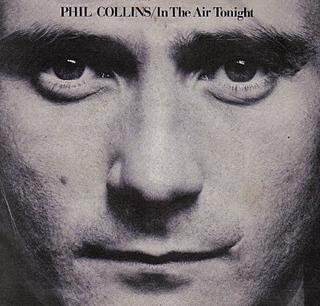I'm currently in the process of drafting a
resume to hand in to the Career Development people at Calvin. They've sent a couple of speakers over to the Engineering Senior Design class to talk about the importance of interviewing skills and a good resume. It's kind of funny, after all those years of classes dealing with theoroms and abstract, seemingly inapplicable busy-work, this is really the only stuff that matters in terms of converting everything you've worked on into $$. Sadly, however, I feel that I am the only person in the entire class who has some philosophical perspective on what's really going on.

The last time Career Development gave a lecture the representative spoke about the value of good interviewing skills, resume, suit, etc. And he's absolutely correct, these "little" practical matters are extremely important, far more than capability to perform the job well. After all, if you can't connect with the person who decides who to hire, how will they know you can perform the job well? Anyway, the students seemed to be bubbling with excitement over the prospect of finally starting salary positions in real live engineering firms, and the Career Development people were going to help them essentially play
the system to get those jobs. "Yeah, I'm gonna go buy a suit, beef up my resume, practice interviewing - I can't wait to get $40,000 a year!"
Despite the practical issues the dude from C.D. was talking about, something he said offended my sensibilities quite a bit. It was along the lines of this:
"There's no point in spending $100,000 on college if you don't do what it takes to get a job when you graduate. After all, you don't want to be living in your parents' basement ten years from now."
I looked around and everyone was smiling and nodding, amusing themselves about how sucky it would be to have to live with their parents. It does seem like a fairly common, innoculous statement, so why was I so offended? There are multiple reasons, the least of which is not that he reduced the entire college experience to a $100K "Get a Job" ticket, which can be purchased at a College or University near you! I absolutely
HATE this way of thinking, it practically makes me sick to think about it. Regardless of what happens upon my own graduation, I will know that I have developed and grown in enormous ways, ways that would not have been possible if it weren't for my experience(s) at Calvin. I have learned about the world, philosophy and theology. I have learned about truths and theories, facts and abstractions. I have learned an immense amount about what it means to be human, and I've gained a lot of perspective on the things that occur on this earth. I have gained this knowledge both from the professors that have taught me in class and also (possibly more importantly) from the interpersonal relationships which have sprung up along the way. I am now incorporating it into my daily life, putting what I've learned into actual
contemplative practice
. How dare someone cheapen the value and worth of my experiences to a mere meal-ticket!
Then when I thought about it more I realized that there was another element to his statement which I found to be interesting, if not objectionable. It was the part about living with one's parents (I do understand that this comment was made in good nature, but it helps me draw a point). For the most part, according to my observation and personal testament, I have found that students at Calvin are usually free-rolling on their parents' dime. According to the model presented by the guy from C.D. this means that the parents purchase the kid a ticket into the work world so that he/she can start their independent life. Wow, where do I start with this one? I think for me the main point is this: if you're so anxious to get away from your parents while at the same time relieving them of approximately $100,000, why don't you just take the money directly from them and just leave? You'd gain four years of "freedom" (i.e. - not school) and could start your independent life without a trace of debt. I think that most people could parlay a $100K headstart and a little effort into a relatively successful life.
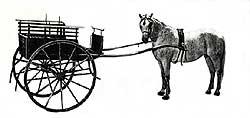
What's that? How will they get a job without a degree? Well, that's sort of the whole point isn't it. Businesses originally
valued the experience and growth that people gained by going to college. As a result, a college degree gradually became a pre-requisite for many companies (simple enough). The problem is, as I am inclined to believe, that over time the cart slowly got moved in front of the horse. Now the institution of "college" is a machine, gorging on billions of private dollars each year, pumping out hundreds of thousands of so called graduates every Spring. College degrees, ergo, have become practically
useless except for the fact that they are 100% necessary (know what I mean?) Everybody has to pay for their stamp of approval before they can move down the corporate assembly line. I find this sysytem to be backwards, not to mention foul, and it upsets me that I, like everyone else, will inevitably be forced to kneel before this corporate-political behemoth. It's like Microsoft - you can run but you can't hide - this system has a deathgrip monopoly on our society.
So what I've done here is twist the amicable words of someone who was trying to help me be successful into an enraged commentary about the state of American (Western) society as it relates to higher education and the work force. I hope it caused some readers to think, even if they were just thinking about how strange and unreasonable my objections are. Anyway, back to that resume...
"It's not
what you know, it's
who you know."
-Conventional Wisdom
 Speaking of political categories, it bugs me when people ask if someone is a Republican or a Democrat. We've managed to polarize and reduce American politics to red and blue - each individual is immensely pressured by the culture to compartmentalize themselves as a "member" of one party or another. Is it so wholly unimaginable that someone may be fiscally liberal and socially conservative? Maybe someone strongly supports environmenal preservation and simultaneously opposes to legalized abortion? Each issue (situation) requires contextual analysis. Sure, one may analyze and decide to subscribe to the vast majority of a particular party's stances on issues, but to insist on labeling "our side" is PROBLEMATIC.
Speaking of political categories, it bugs me when people ask if someone is a Republican or a Democrat. We've managed to polarize and reduce American politics to red and blue - each individual is immensely pressured by the culture to compartmentalize themselves as a "member" of one party or another. Is it so wholly unimaginable that someone may be fiscally liberal and socially conservative? Maybe someone strongly supports environmenal preservation and simultaneously opposes to legalized abortion? Each issue (situation) requires contextual analysis. Sure, one may analyze and decide to subscribe to the vast majority of a particular party's stances on issues, but to insist on labeling "our side" is PROBLEMATIC.












